Essential Cybersecurity Tips for Small Businesses [Protect Your Data]
![Essential-Cybersecurity-Tips-for-Small-Businesses-[Protect-Your-Data]-TrendsBeat](https://trendsbeat.com/wp-content/uploads/2023/05/Essential-Cybersecurity-Tips-for-Small-Businesses-Protect-Your-Data-feature-image-template-991x564.jpg)
The use of the internet has been rapidly increasing over the last few years, and this has increased security issues as well. Because security concerns are increasing, organizations require cyber security more and more every day. Just a few cybercrimes include money laundering, data theft, and invasion of privacy. It is crucial to take action and pay attention to cyber safety if you want to address security issues and safeguard your company against cyberattacks. Dealing with and reducing cyber-attacks always requires a systematic approach. Because of this, cybersecurity for small firms is crucial.
The internet runs and controls every industry, including business, banking, entertainment, education, fashion, cuisine, and lifestyle. Today, it would be practically difficult to live without the internet. But there are cons to every advantage. Cybercrime is a severe risk element associated with the internet age and its benefits, and it can only be appropriately addressed with the strongest cybersecurity measures.
What Is Cybersecurity & How Does It Operate?
A collection of strategies, instruments, and practices collectively referred to as “cybersecurity” are used to protect computer networks, systems, and data against hackers, cyberattacks, and unauthorized access. Protecting the data, software, and hardware of internet-connected systems from online threats is the main goal of cyber safety. This tactic is used by both businesses and private persons to stop unauthorized access to data centers and other digital systems.
Cyber safety’s main objective is to safeguard all organizational assets from external and internal threats. A strong cyber-security strategy can provide a good defense against malicious attacks that aim to access, change, remove, destroy, or extort sensitive data and systems that belong to a company or user.
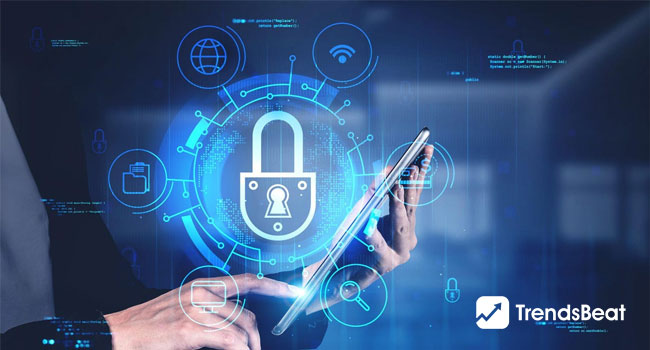
The Importance Of Cybersecurity For Small Businesses
It is a common misconception among small businesses that they are too tiny to be a target. Startups and small- to medium-sized enterprises (SMBs) are both in danger. Hackers may now automate their attacks and concurrently target tens of thousands of small businesses thanks to the development of digitalization. Large organizations invest millions of dollars each year in cyber protection. They provide dedicated personnel and managed detection and response services to address hazards. Risks can be reduced if a threat is quickly identified and eliminated. Small businesses are significantly more at risk. They only lack the resources to track down the hackers behind their information’s easier access.
Additionally, small business workers are not adequately trained to spot phishing fraud. Phishing attacks are frequently carried out by email or other programs and are styled to appear authoritative. They try to trick employees into divulging personal information, which is then used against them. Employees of tiny businesses simply fail to recognize or report the attack due to their ignorance. In reality, for the majority of parties, the more faults you recognize on someone’s behalf, the more you will notice them. The use of the internet has been rapidly increasing over the last few years, and this has increased security issues as well.
Because security concerns are increasing, organizations require cyber security more and more every day. Just a few cybercrimes include money laundering, data theft, and invasion of privacy. It is crucial to take action and pay attention to cyber safety if you want to address security issues and safeguard your company against cyberattacks. Dealing with and reducing cyber-attacks always requires a systematic approach. Because of this, cybersecurity for organizations is crucial.
Employ A Firewall
Your first line of defense should be installing a firewall. It’s a crucial stage in building your cyber fortress and essential for small business network security. Although your operating system probably already has a software firewall, you might want to think about using a more sophisticated model for your business equipment. Installing a hardware firewall, which safeguards every device in your office connected to the same network even if it lacks a software firewall, is an additional choice. A hardware firewall on the office network is unable to secure the devices of remote workers. On the PCs they use for work, this person will need to install a sophisticated software firewall.
Install Antivirus Program
Anti-malware software is a fundamental but frequently disregarded component of cybersecurity. Every computer utilized by your company, even those used by remote workers, needs to have this software loaded. Configure the software to update itself automatically to speed up the procedure. There are both free and commercial software options on this list of recommendations from industry experts.
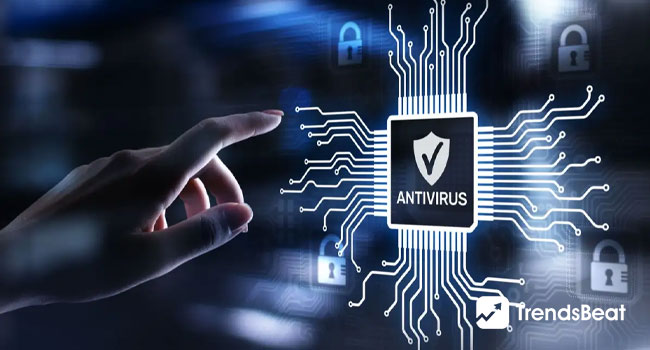
Keep Your Mobile Devices Secure
Being a small business owner with a lot of responsibilities means you’re probably always on the go and working from a laptop or phone. When connecting to networks outside of your business network, it’s extremely important to protect your mobile devices from dangers.
If you use your mobile devices to connect to open WiFi networks (those that do not request a password) while in a public location, such as a café or library, use a Virtual Private Network (VPN) to access your business materials. Invest in mobile devices that are exclusive to be used for work if you have the money. This will ensure that you aren’t combining your personal accounts with your corporate data, which are typically easier to get into.
Regularly Update And Backup
This may seem like a simple and apparent step in maintaining the security of your company, but these two activities are frequently neglected or put off until it is too late. Every time a new version of your operating system or antivirus program becomes available, update both of them.
Small business cybersecurity experts advise backing up your data at least once a week, however, some advise doing so every 24 hours. How frequently your company gets fresh, important data will determine how frequently you should implement your backup plan. It’s a good idea to save your vital data to an external hard drive that is not linked to a network as well as back up your data to the cloud (but don’t save passwords or confidential financial information there).
Record Your Policies
It’s time to put everything in writing after you have a protection strategy in place for the company, which should include best practices for network and device security and what to do in the event of a breach. Send a copy of it through email to every employee and put a poster of it in a public location. Organize a meeting to go through all the items and address any queries or worries. Every few months, check your insurance to make sure everything is up to date.







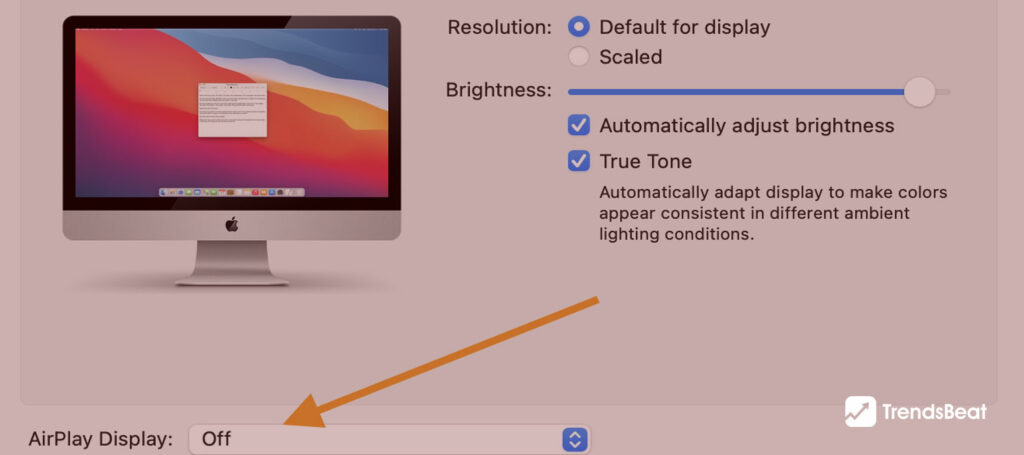









































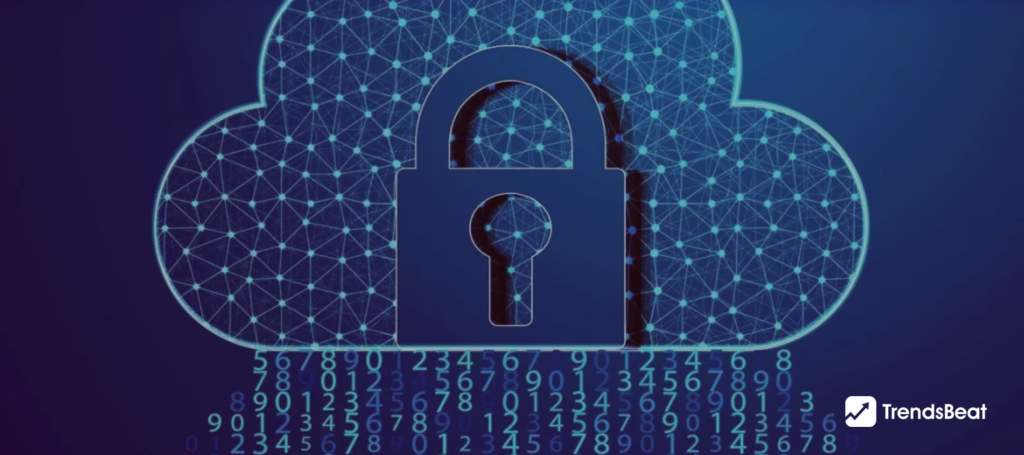








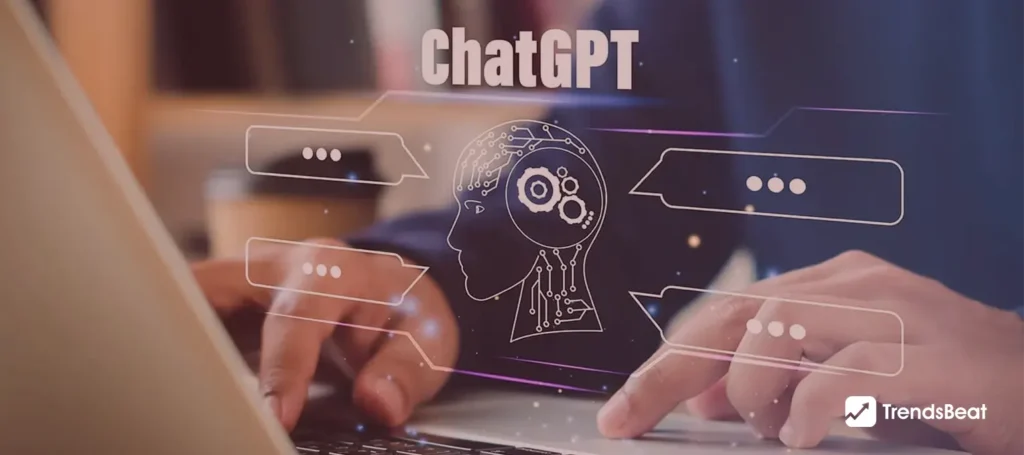


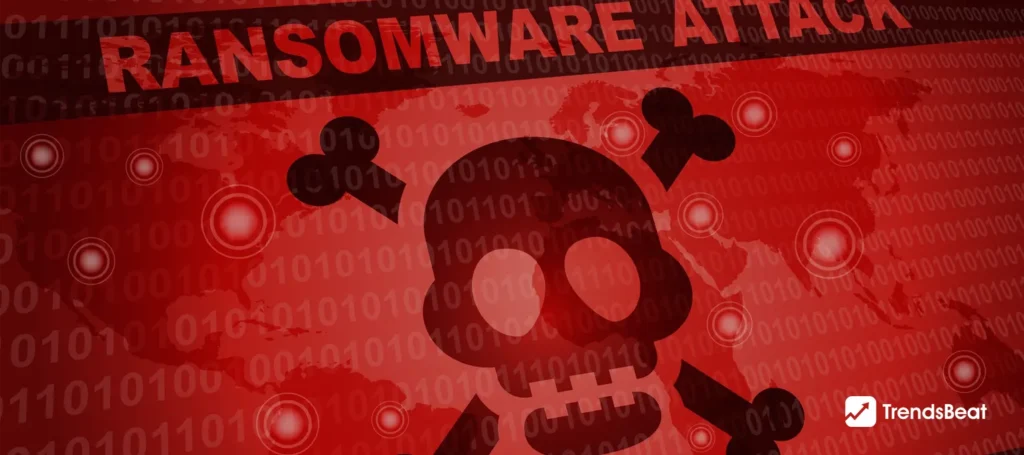









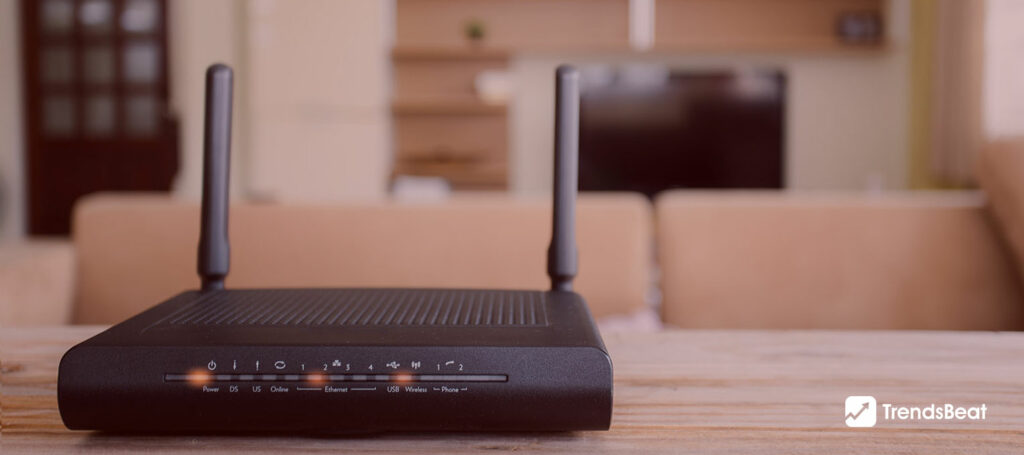







![Essential-Cybersecurity-Tips-for-Small-Businesses-[Protect-Your-Data]-TrendsBeat](https://trendsbeat.com/wp-content/uploads/2023/05/Essential-Cybersecurity-Tips-for-Small-Businesses-Protect-Your-Data-feature-image-template-1024x455.jpg)














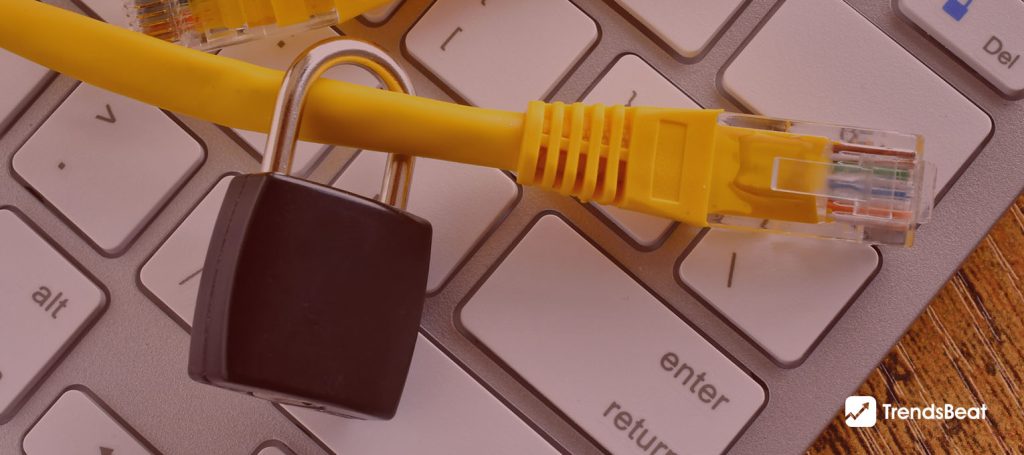



![Top Fitness Trends & Workout Routines to Follow [Stay Fit, Stay Healthy]](https://trendsbeat.com/wp-content/uploads/2023/04/feature-image-Top-Fitness-Trends-Workout-Routines-to-Follow-Stay-Fit-Stay-Healthy-1024x455.jpg)










![[Weight Loss Medication Health Effects] Side Effects and Best Advice](https://trendsbeat.com/wp-content/uploads/2023/04/feature-image-Weight-Loss-Medication-Health-Effects-Side-Effects-and-Best-Advice-1024x455.jpg)


![Essential Cybersecurity Tips for Small Businesses [Protect Your Data]](https://trendsbeat.com/wp-content/uploads/2023/05/What-is-Customer-Experience-in-AI-How-AI-Technology-Improves-CX-feature-image-template-150x150.jpg)
![Essential Cybersecurity Tips for Small Businesses [Protect Your Data]](https://trendsbeat.com/wp-content/uploads/2023/05/Is-ChatGPT-AI-Useful-Do-They-Improve-Customer-Experience-Engagement-feature-image-template-150x150.jpg)